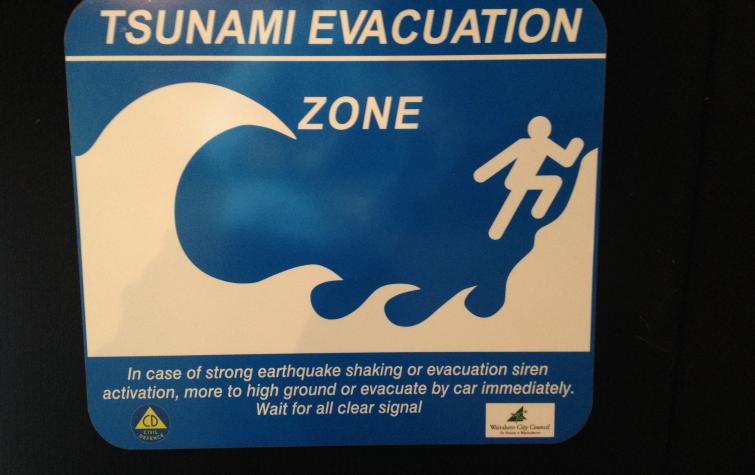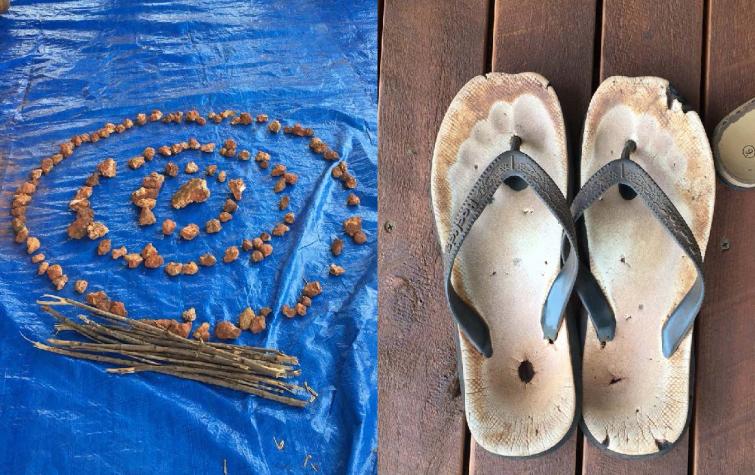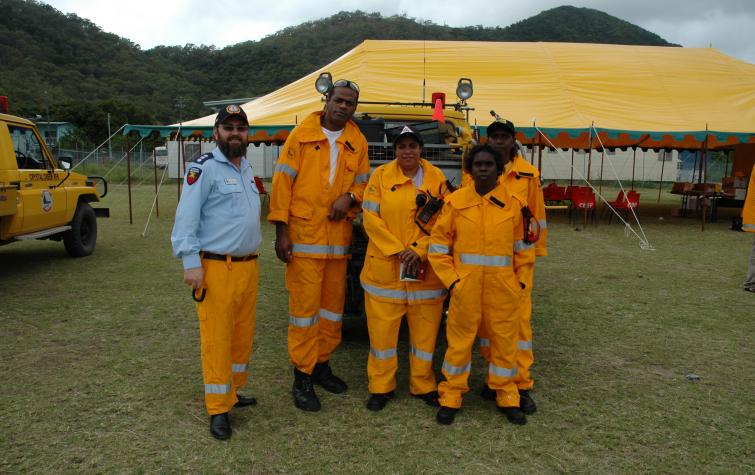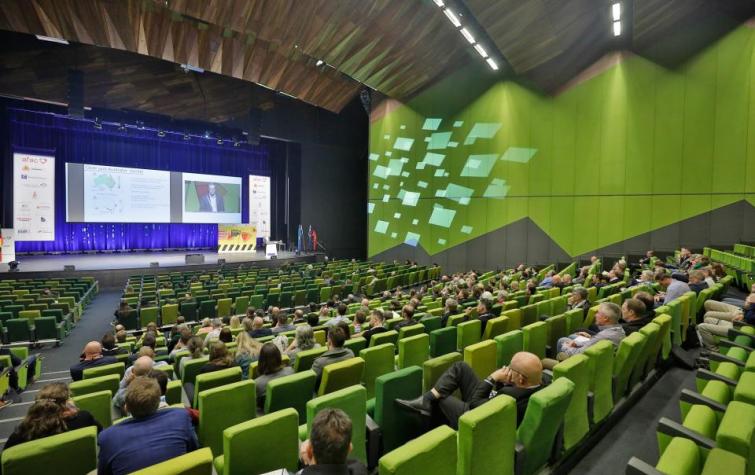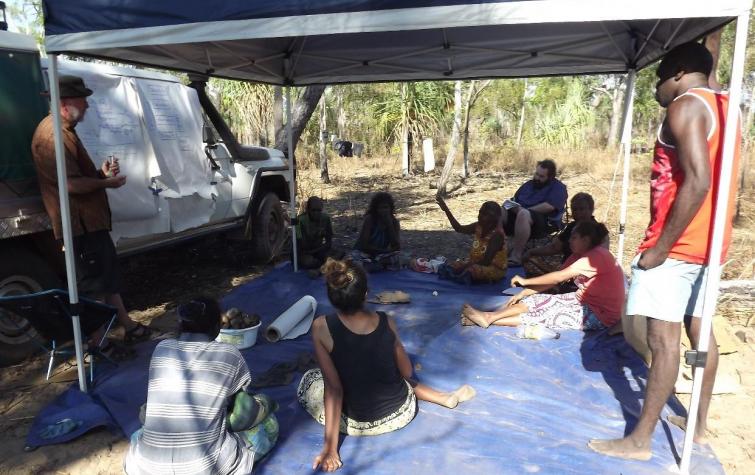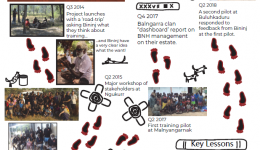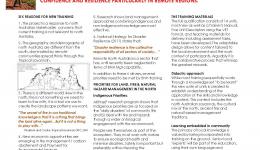Steve Sutton’s PhD thesis examines the components of the socio-cultural context of the Indonesian island, Simeulue, which had remarkably low level of fatalities during the Indian Ocean Boxing Day tsunami in 2004.
"Simeulue, 150 kilometres off the coast of Sumatra, was the first location struck by the tsunami but reportedly lost only a handful of lives,” Stephen said. “In neighbouring Sumatra, three per cent of the population died.”
With a background in archaeology and Indigenous heritage, Steve’s research is investigating the social and environmental factors that led to such an outcome.
“Most research into disaster risk reduction focuses on the losses arising from bushfires and natural hazards and how to avoid similar losses in the future,” he said. “Very little research considers situations where losses have been avoided by effective practices. The really compelling thing about the story of Simeulue is the way the entire community responded to the disaster.”
“I want to understand why this particular community prepared and what, if any, were the environmental or cultural signs,” he said.
The key factors that contributed to the disaster response behaviour will then be considered in Australian cultural settings with a view to improving risk communication and community resilience.
Steve has been a great ambassador for the CRC, receiving the CRC Special Recognition Award in 2017. He has presented his PhD findings at the CRC’s Research Forum in 2016 and 2017 and, in addition to his PhD, has led the CRC project Northern Australia bushfire and natural hazard training. This project created training units that provide practical support and reinforcement of capabilities emerging and needed in remote Indigenous communities in northern Australia. Comprising ten units designed for delivery at the Vocational Education and Training Certificate II level, the training units interweave a set of philosophical and practical understandings of the management of landscapes for bushfire and natural hazards in a changing climate with new economic stressors and opportunities, as well as the integration of Indigenous knowledge and experience with non-Indigenous approaches.
As of June 2021, Steve was expecting to submit his thesis later in 2021.
Blog posts on Views & Visions
Project leadership
Student project
Research team
| Type | Project | Research team |
|---|---|---|
| CRC Core Project | Scenario planning for remote community risk management in northern Australia | nburrows, mdouglas, aedwards, lhutley, smaier, nrossitorrachor, ssetterfield, ssutton, vadams, dpaton, cyates, ksangha, dlynch |



